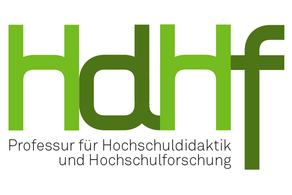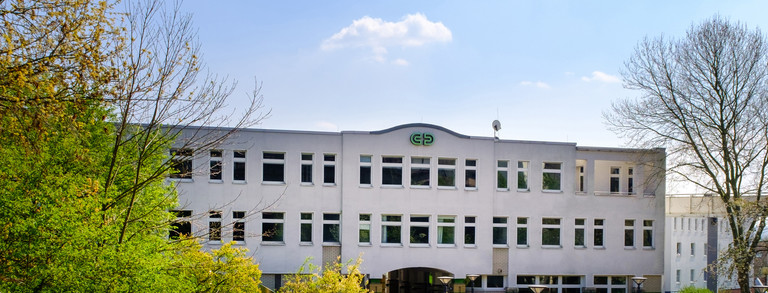Dr. Thomas Pfeffer
(Danube University Krems, Austria)
Quality of Study Programs at the University of Vienna
Organisational development in the context of a paradigm shift from state control to institutional autonomy and accountability
To understand the challenges concepts like ‘quality management’ and ‘curricular reform’ can pose for Austrian universities (and probably for other universities in continental Europe), it is necessary to see that the Austrian university system has experienced a staccato of changes of its regulatory framework over the last 20 years. From a distance, the essence of these changes is as a paradigm shift in governance, from a ‘state control’ to a model of institutional ‘autonomy + accountability’. However, in the thick of things, universities often focus on just the next layer of regulations and on the structural parts of their implementation, while struggling with the task to make sense of these changes from a wider perspective.
In this context, the organisational development project ‘Quality of Teaching at the University of Vienna’ was an exercise in organisational sense making in times of reform overload. By focusing on the study program (rather than on the individual course), the project established a better understanding of an integrated product of the university, a product that requires organised collaboration. By addressing the different management levels and subunits of the university in their respective roles for the development, implementation and continuous improvement of study programs, the project opened the space for the exchange of distinct perspectives and succeeded in creating mutual understanding among the various stakeholders.
Thomas Pfeffer is a member of Danube University Krems and works as researcher, educator and consultant for higher education, migration and globalization. Having a background in sociology, organizational studies and theories of science, he has worked in a range of national and international comparative research projects. He works on topics like globalization in higher education, policy shifts in governance models and the growing institutional autonomy of universities, as well as on new concepts of quality assurance and on the impact of new media on the organization of research and higher education. In recent years, he also became involved in migration studies, working on topics like the recognition of foreign degrees, or discrimination in labour recruitment practices.
Wednesday, 16 April 2014, 4.00–5.30 p.m. | Vogelpothsweg 78 (CDI building), room 117
Center for Higher Education (zhb)
Professorship of Higher Education





